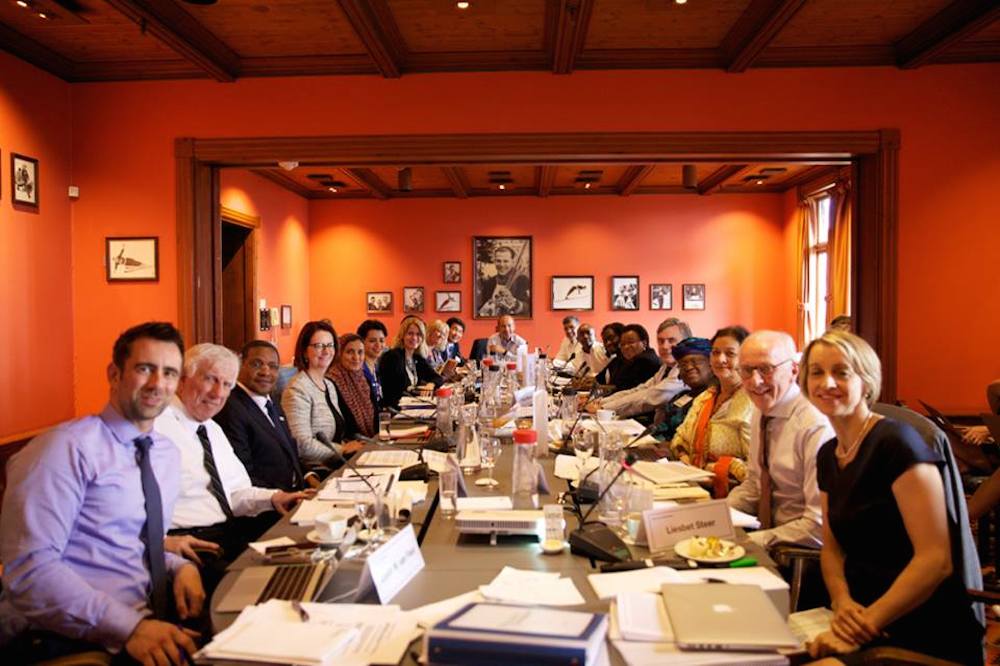
Safe Spaces – The Urgent Need for Early Childhood Development in Emergencies and Disasters (September 2016)
The early years are vitally important to children's development. This report explains how Safe Spaces can provide holistic support to help babies and young children overcome the physical, emotional and psychological trauma inflicted by emergencies. It includes case studies of successful projects and demonstrates the amazing resilience of children who, with good support, can thrive in the most adverse circumstances.
Report: Safe Spaces – the Urgent Need for Early Childhood Development in Emergencies and Disasters (September 2016)
The first years of life are the most critical for a child’s development, laying the foundation for years to come.
This Theirworld report looks at the urgent need for Safe Spaces in emergencies – places where babies, young children and their caregivers can get support to counter the negative impacts of crisis situations on children’s growth and development.
The report warns the international community is neglecting millions of vulnerable babies and young children affected by conflicts and disasters. They will suffer from psychological trauma, toxic stress and poor brain development unless their needs are prioritised in humanitarian response plans.
The failure to plan for and finance early childhood development services in emergencies – ensuring “safe spaces” for all children – could have lifelong detrimental effects.
The report makes five key recommendations:
- Establish Safe Spaces for pregnant women, mothers and caregivers, and young children (0-5) in emergencies where their physical, cognitive and psychosocial needs can be met.
- All humanitarian response plans should include targets holistically addressing the needs of babies and children ages 0-5.
- Humanitarian actors, policymakers and implementers must fully comply with the INEE Minimum Standards for Education, including explicit calls for the provision of ECD.
- Education Cannot Wait, the recently launched fund for education in emergencies, should prioritise pre-primary education and early cognitive support, as part of initial investments and long-term strategy.
- Increased donor prioritisation and funding of ECD in emergencies.
Next resource
